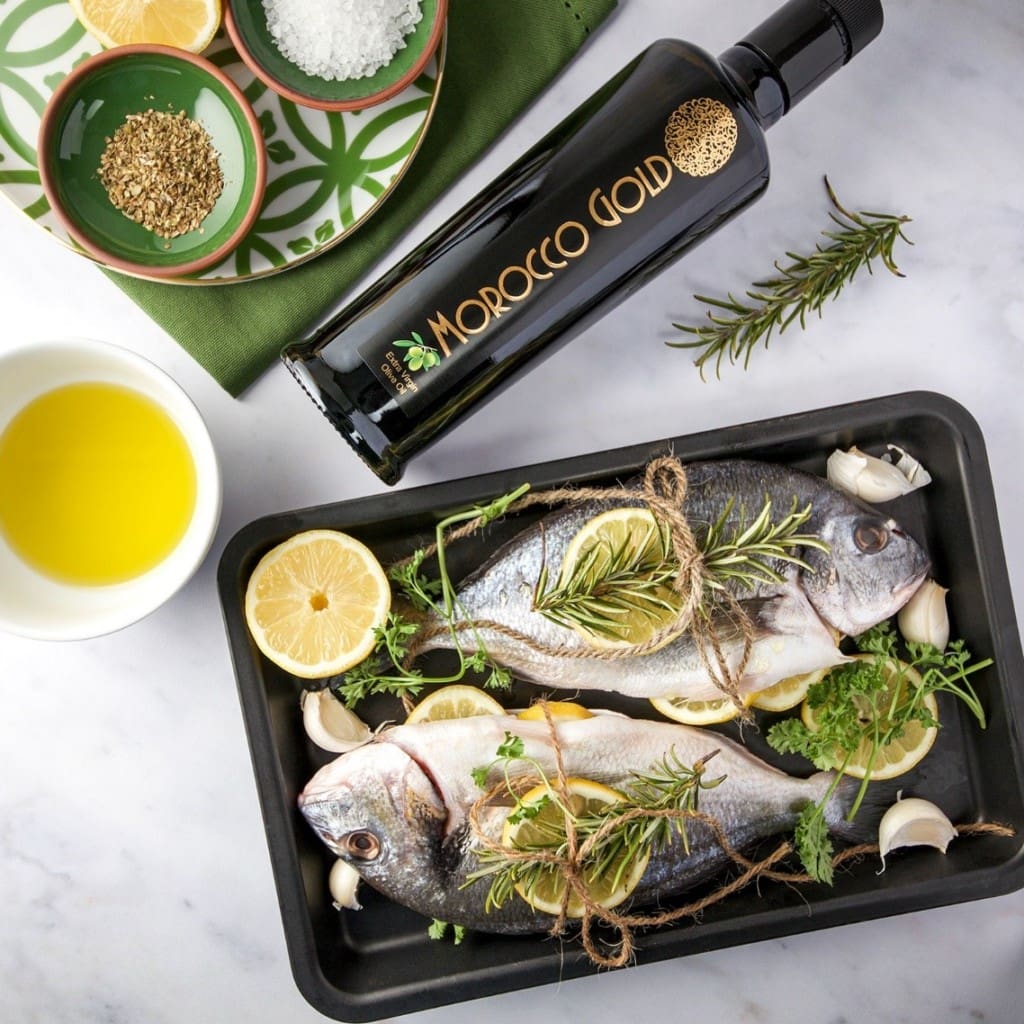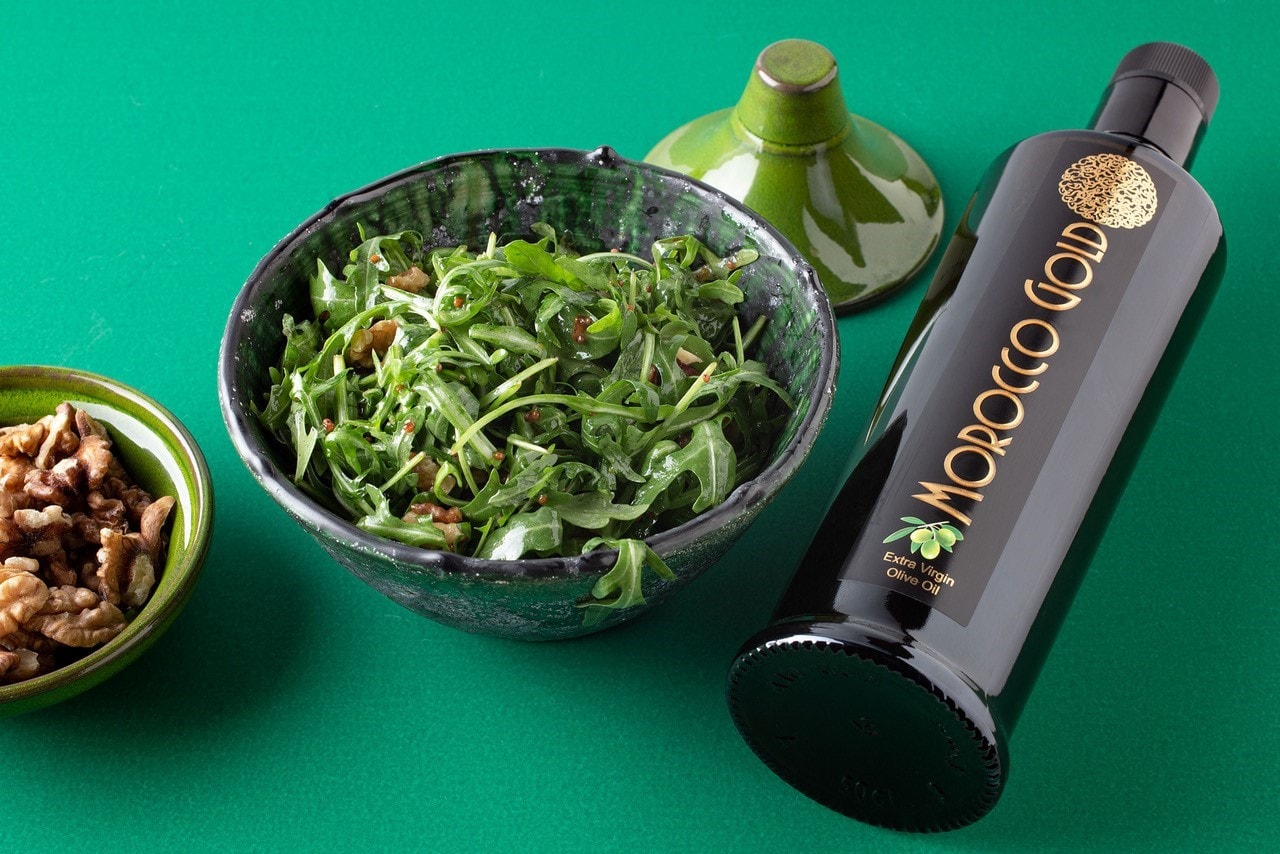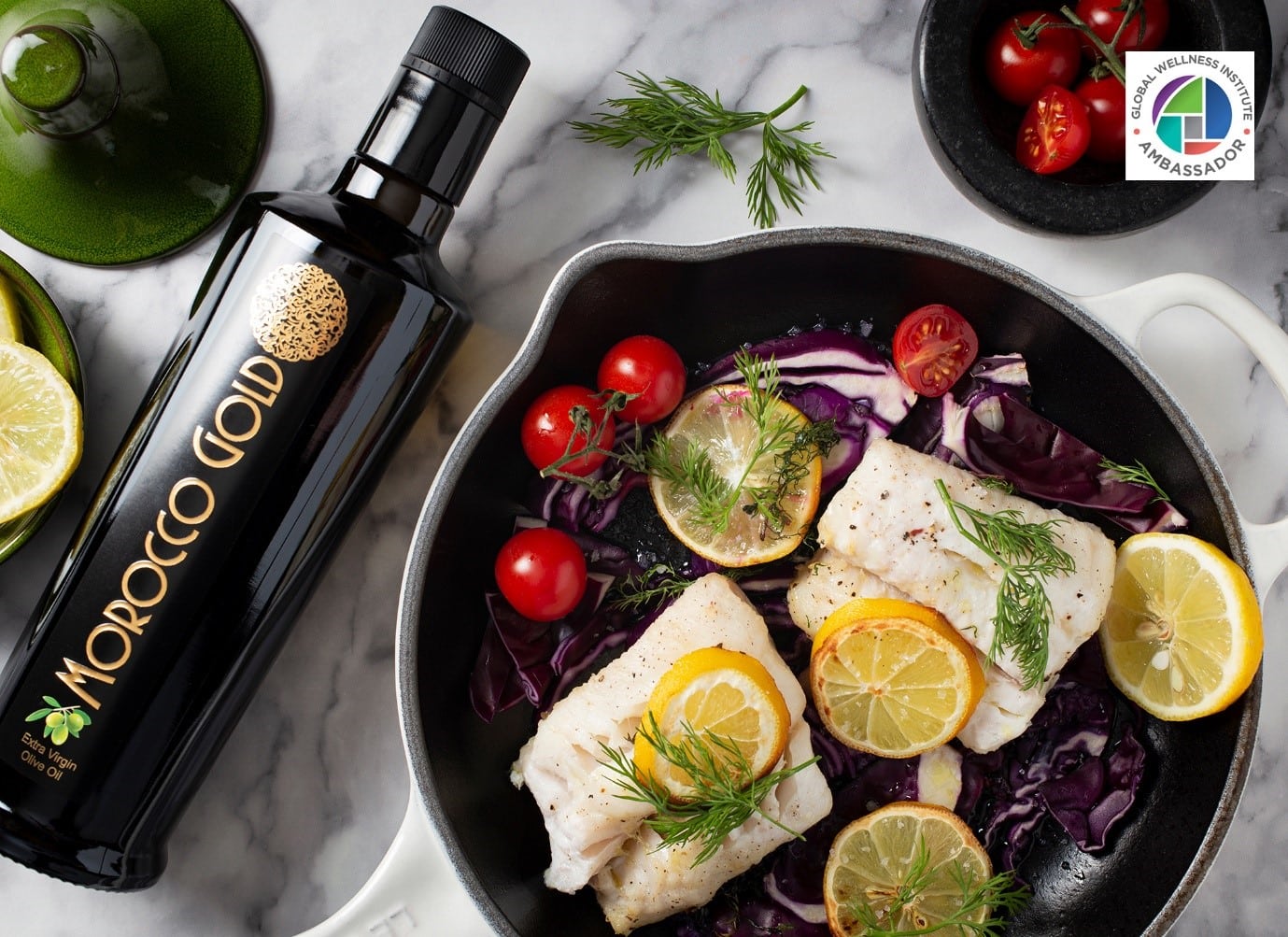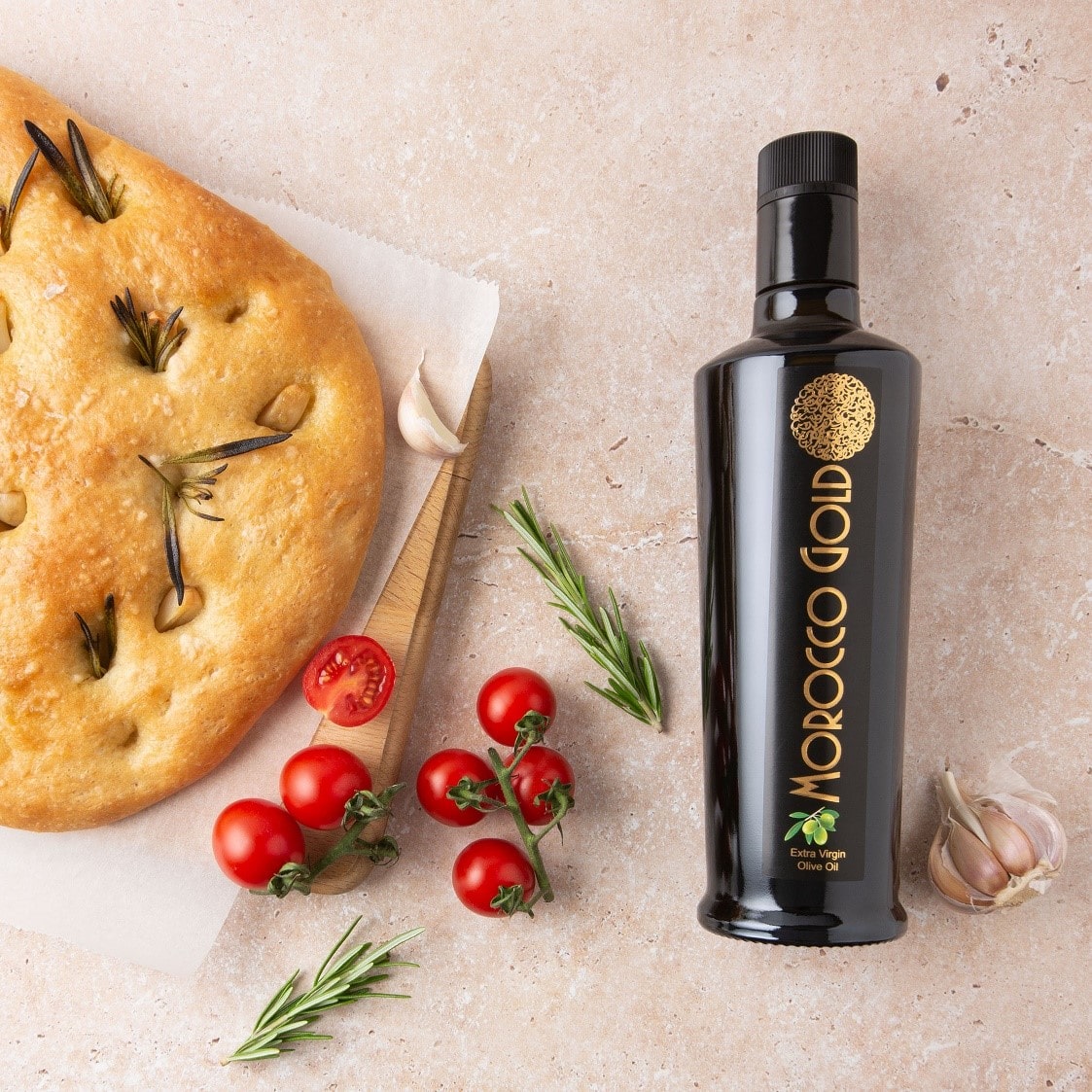Exploring The Benefits Of Adding A Drizzle Of Extra Virgin Olive Oil To Your Diet
Updated January 15th 2025

Summary
- February marks American Heart Month – The Perfect Opportunity To Focus on Heart Health
- Extra virgin olive oil has multiple benefits for your heart including being a source of healthy fats.
- The polyphenols in extra virgin olive oil can combat oxidative stress and inflammation—two major contributors to heart disease.
Contents
- The Science Behind Extra Virgin Olive Oil For Better Heart Health
- The Role Of Extra Virgin Olive Oil In Combating Cardiovascular Diseases
- Why Choose Olive Oil for Heart Health?
- Polyphenols In Extra Virgin Olive Oil
- Extra Virgin Olive Oil, The View Of The American Heart Association
- Easy Ways to Add Olive Oil to Your Diet
As we look towards American Heart Month in February, it’s an ideal time to remind you of the ever-growing band of scientific research and evidence to show that extra virgin olive oil can help boost your heart health.
During a month when many people of all ages and backgrounds may focus on their cardiovascular health, why is this so important and how exactly can foods like extra virgin olive oil help?
The Science Behind Extra Virgin Olive Oil For Better Heart Health
Did you know, February is American Heart Month. A time when all people of all ages and backgrounds should focus on their cardiovascular health. Why is this so important?
In 2016, the Milken Institute reported that the total cost for direct healthcare for chronic illnesses in the USA totalled $1.1trillion, the equivalent of 5.8% of the USA’s GDP, with cardiovascular disease the most prevalent condition accounting for some $294.3Bn or almost 27% of this total.
When the total indirect cost of lost economic productivity are included, the total cost of chronic disease rises to a staggering $3.7trillio, the equivalent of 19.6% of USA GDP.
The report went on to project the cost of these chronic illnesses is set to rise and that by 2030 an estimated 83.4m people will be suffering from 3 or more chronic illnesses compared with 30.8m in 2015.
(The Milken Institute is an independent economic think tank based in Santa Monica, California. It publishes research and hosts conferences that apply market-based principles and financial innovations to social issues in the US and internationally).
So cardiovascular disease and mortality are increasing in working-age adults, however, there are small steps and lifestyle choices that can have a significant impact.
The Role Of Extra Virgin Olive Oil In Combating Cardiovascular Diseases
The ancient Greeks were on to something when they referred to extra virgin olive oil as an “elixir of youth and health.” Centuries later, research offers evidence about the benefits of olive oil in our daily diets.
Extra virgin olive oil, sunflower oil and canola oil are high in monounsaturated fat (the healthy-for-you kind of fat). So what would put extra virgin olive oil above the others if their fat make-up so similar? It’s not just about the kind of fat molecules that they are made up of. Extra virgin olive oil has some extra magic. The biggest thing that makes extra virgin olive oil so healthy is its unique disease-fighting component.
Thanks to the recent spotlight on the Mediterranean Diet, extensive research has been done on the phytonutrient composition of olive oil. What has been discovered is an extensive list of phytonutrients; one of the most praised is its polyphenols. The amount of polyphenols found in extra virgin olive oil is truly amazing!
Why Choose Olive Oil for Heart Health?
When it comes to protecting your heart, olive oil is a powerhouse. Research consistently shows that extra virgin olive oil offers a host of benefits, making it a key ingredient for those committed to a heart-healthy diet. Here’s why:
1. Rich in Healthy Fats
Olive oil, particularly extra virgin olive oil, is loaded with monounsaturated fats, which are known to reduce levels of LDL (bad) cholesterol while increasing HDL (good) cholesterol. This balance helps lower the risk of heart disease.
2. Packed with Antioxidants
Extra virgin olive oil contains polyphenols, powerful antioxidants that combat oxidative stress and inflammation—two major contributors to heart disease.
3. Supports Artery Health
Regular consumption of olive oil improves the elasticity of your arteries and promotes better blood flow, reducing the risk of hypertension.
4. Proven by Studies
The PREDIMED study, a landmark trial on the Mediterranean diet, showed that individuals who consumed extra virgin olive oil daily lowered their risk of major cardiovascular events by 30%.
Polyphenols In Extra Virgin Olive Oil
Polyphenols are a group of over 500 phytochemicals, which are naturally occurring micronutrients in plants. These compounds give a plant its colour and can help to protect it from various dangers. When you eat plants with polyphenols, you reap the health benefits as well.
Polyphenols are a key component in extra virgin olive oil and are considered to be one of the best health enhancing benefits within the oil. Many of the fruits and vegetables we consume contain large numbers of compounds critical for life. One such type of compound is known as antioxidants. Polyphenols are powerful antioxidants.
So how do antioxidants fit into the grand scheme of our bodies and our health? Antioxidants are chemicals known to be ‘molecular scavengers’ that help neutralize oxygen free radicals, thus preventing oxidative stress from occurring. There are hundreds of known antioxidants, some of which we consume in our daily diets:
- Vitamin A
- Vitamin C
- Vitamin E
- Selenium
- Manganese
- Carotenoids
- And….POLYPHENOLS?
It’s also thought that polyphenols contribute to keep the body being in an anti-inflammatory state. This is also associated with a lower risk of several chronic illnesses, including cardiovascular disease.
Extra Virgin Olive Oil, The View Of The American Heart Association
Consuming more than half a tablespoon of olive oil a day may lower heart disease risk, a 2020 study found. And earlier this year, researchers reported in the Journal of the American College of Cardiology that people who ate more than half a tablespoon per day had lower rates of premature death from cardiovascular disease, Alzheimer’s disease and other causes compared to people who never or rarely consumed olive oil.
“Olive oil is the hallmark of the Mediterranean diet, and its link to lower mortality is well established in southern European countries. But this is the first long-term study to show such a health benefit here in the U.S.,” said Dr. Frank Hu, the study’s senior author and a professor of nutrition and epidemiology at Harvard T.H. Chan School of Public Health in Boston.
Among all edible plant oils, olive oil has the highest percentage of monounsaturated fat, which lowers “bad” LDL cholesterol and increases “good” HDL. It’s been shown to lower blood pressure and contains plant-based compounds that offer anti-inflammatory and antioxidant properties known to reduce the disease process, including heart disease.
When cooking, extra virgin olive oil can be a healthy substitute for butter, margarine and other types of fat. In Hu’s study, for example, replacing unhealthy fats with olive oil was associated with a lower risk of dying.
“Olive oil is a much healthier replacement for dietary fats, especially animal fats,”
Dr. Frank Hu, Harvard T.H. Chan School of Public Health in Boston.
Easy Ways to Add Olive Oil to Your Diet
Making olive oil a part of your daily meals doesn’t require a complete overhaul of your diet. Here are some simple and tasty ways to incorporate it into your routine:
1. Drizzle, Don’t Pour
Use a drizzle of extra virgin olive oil to elevate the flavor of your salads, roasted vegetables, or grain bowls. Not only do you enhance the taste, but you also make your meals richer in healthy fats.
2. Swap Out Less Healthy Fats
Replace butter or margarine with olive oil when cooking or baking. For instance, sauté vegetables in olive oil instead of butter or use it as a healthier alternative in your baking recipes.
3. Dip Your Bread
Transform your bread basket into a heart-healthy treat. Mix olive oil with your favorite seasonings for a quick and nourishing dip.
4. Roast to Perfection
Use olive oil to coat your vegetables before roasting. Its high smoke point and rich flavor make it ideal for oven-cooked dishes.
5. Make Your Own Dressing
Skip the store-bought salad dressings full of preservatives and create your own. Combine olive oil, balsamic vinegar, lemon juice, and a touch of mustard for a flavorful and healthy dressing that goes with everything.






